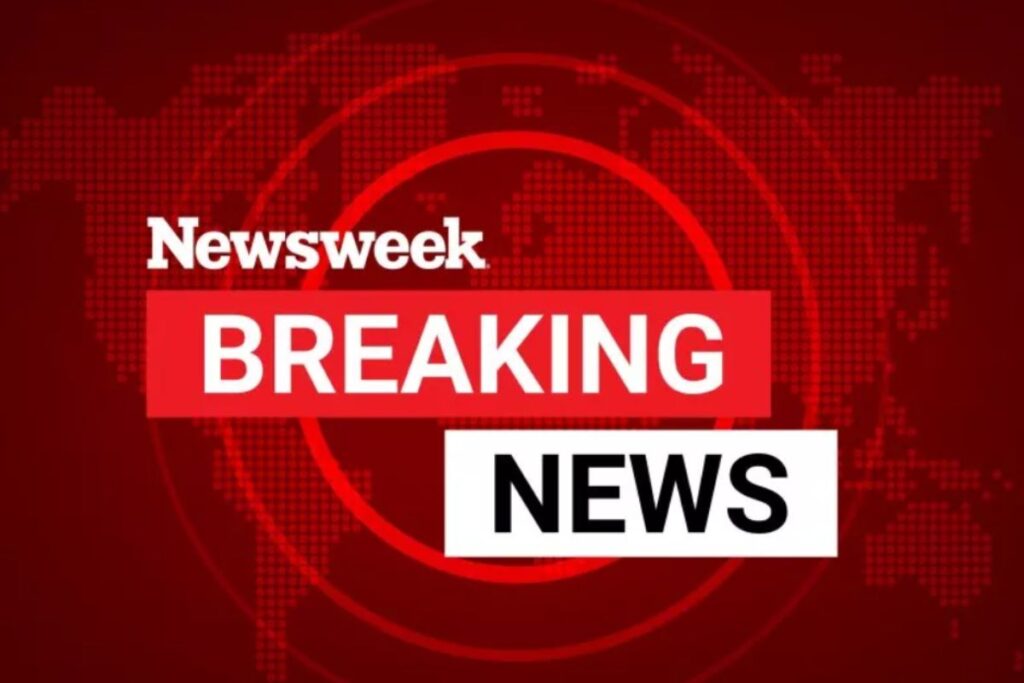U.S. regulators on Wednesday approved updated COVID-19 vaccines but limited their use for many Americans, a move President Robert F. Kennedy Jr. cast as proof that his administration is keeping its promises to scale back mass vaccination.
The Food and Drug Administration said the shots from Pfizer, Moderna and Novavax will remain available to seniors and people with high-risk health conditions, but healthy children and most younger adults will no longer automatically qualify.
Kennedy, who campaigned on ending vaccine mandates and narrowing access to what he calls “science, safety and common sense,” hailed the FDA’s action as a watershed moment. “I promised four things: to end COVID vaccine mandates; to keep vaccines available to people who want them, especially the vulnerable; to demand placebo-controlled trials; and to end the emergency,” he wrote on X. “In a series of FDA actions today we accomplished all four goals.”
The FDA’s decision breaks sharply from previous U.S. policy, which recommended annual COVID-19 shots for nearly everyone 6 months and up. Now, seniors remain broadly eligible, but anyone younger must show they have at least one qualifying medical condition such as asthma, diabetes or obesity. Millions of Americans could find themselves unable to get vaccinated unless they prove their risk — or pay out of pocket if insurers decline coverage.
The agency also revoked Pfizer’s emergency authorization for children under 5, leaving Moderna’s Spikevax as the only mRNA vaccine option for the youngest kids. But Moderna’s shot is only approved for children with serious health problems. Novavax’s protein-based vaccine remains restricted to those 12 and older, again only for patients with high-risk conditions.
Kennedy said the changes demonstrate a new, more cautious approach to federal health policy. “The American people demanded science, safety, and common sense. This framework delivers all three,” he posted, thanking FDA Commissioner Dr. Marty Makary for his leadership.
Kennedy and his FDA chief have long questioned the need for routine COVID vaccinations for healthy young people. Both argue the risks of the virus are overwhelmingly concentrated among seniors and people with chronic illnesses.
Some health organizations disagree. The American Academy of Pediatrics renewed its call for broad pediatric vaccination, saying all children from 6 months to 2 years should receive annual COVID-19 shots and recommending doses for older children as well. Pediatricians warn the FDA’s restrictions could block families who still want to immunize their kids.
“Restricting access sends the wrong message to families who want to keep their kids safe,” the group said in a statement.
Insurance coverage could also become complicated. Many insurers base vaccine decisions on recommendations from the Centers for Disease Control and Prevention, but Kennedy dissolved the CDC’s long-standing vaccine advisory committee earlier this year and replaced it with members more skeptical of mass vaccination. That new panel has not yet met to weigh in on the updated shots. Without clear CDC guidance, patients under 65 may face hurdles or costs exceeding $150 for a dose.
The new rules leave pharmacists — who deliver most U.S. vaccines — in a difficult position. They are not typically authorized to collect medical documentation proving patients’ eligibility, and in nearly half of states pharmacists are restricted to giving only those vaccines endorsed by CDC advisers. That could further delay or limit access.
The shift also underscores Kennedy’s broader political stance: to dismantle emergency-era policies and shrink the federal government’s footprint in public health. In his statement, he highlighted the FDA’s move to revoke several pandemic authorizations, including Pfizer’s pediatric shot and convalescent plasma treatments, as signs the “COVID emergency” is over.
The revised guidance mirrors approaches in other countries that have scaled back vaccination campaigns in recent years, as most populations have acquired immunity from prior infections or earlier shots. But COVID-19 continues to pose risks: preliminary CDC data estimate 47,500 U.S. deaths tied to the virus last year, with two-thirds listing it as the underlying cause.
Kennedy’s supporters say the FDA’s action restores trust and personal choice. Critics argue it could erode protection for families who still want the vaccine but may now find themselves excluded. For millions of Americans, the once-routine process of getting a COVID booster will be replaced with new rules, paperwork and uncertainty.
“The American people wanted accountability and common sense,” Kennedy said. “That’s what we delivered today.”
This is a breaking news article. Updates to follow.
Read the full article here

